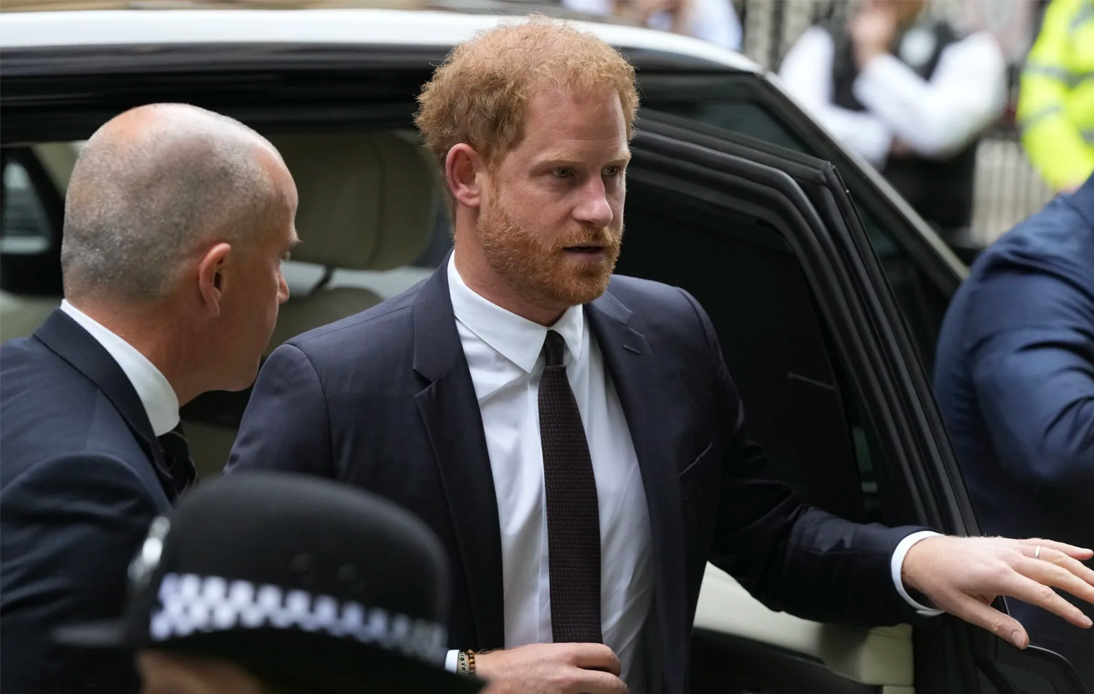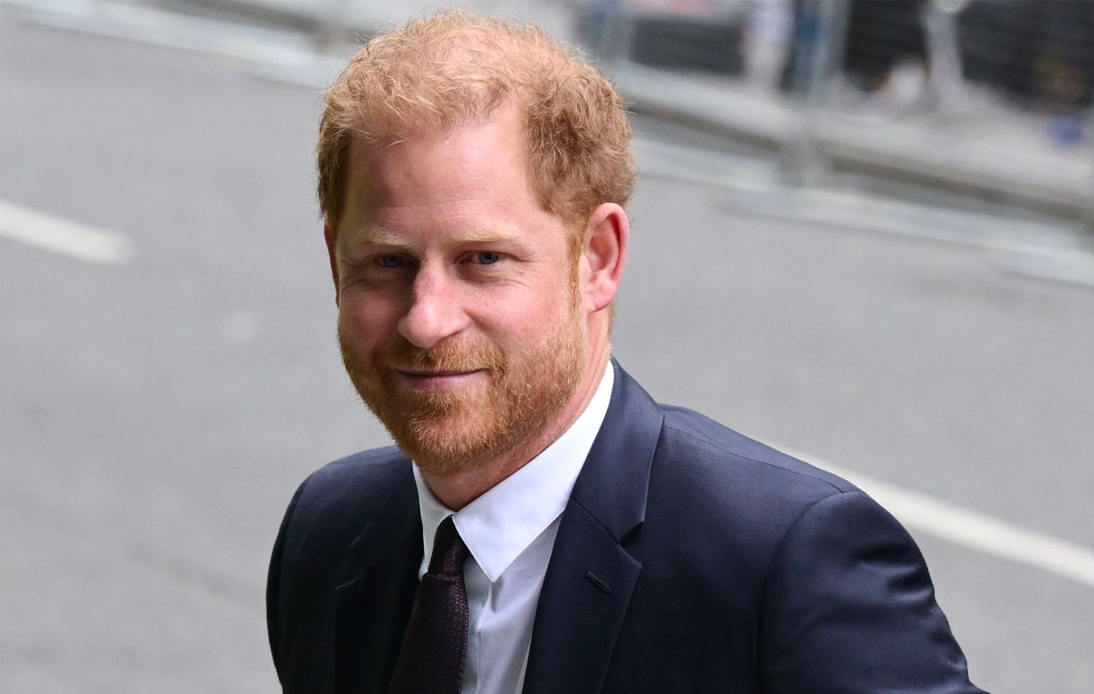
A U.S. federal judge has given the government seven days to formulate a response to claims from a conservative research group that Prince Harry may have lied about previous drug usage on his visa application.
Prince Harry, Duke of Sussex, relocated to southern California with Meghan Markle, his wife, a U.S. citizen, and their young children in 2020.
This followed their departure from British royal duties and the initiation of new ventures, among them, the publication of Harry’s memoir, Spare, in January.
At present aged 38, Harry confessed in his memoir that he used cocaine multiple times from around the age of 17 in a bid “to feel. To be different.” In addition, he admitted to using cannabis and psychedelic mushrooms.
U.S. visa application forms specifically inquire about present and past drug use. Any admission of such can lead to visa denials, although the ultimate decision can take into account various factors, as determined by immigration officers.
The Heritage Foundation, a Washington-based research group, has requested the Department of Homeland Security (DHS) to disclose Harry’s visa application under the Freedom of Information Act (Foia).
They contend that the “intense public interest” demands scrutiny of whether he received special considerations during his application procedure.
Nile Gardiner, a former assistant to late British prime minister Margaret Thatcher and a foreign policy analyst at the Heritage Foundation, stated outside the courtroom on Tuesday:
“A key factor here has been Prince Harry’s memoir and his revelations about his own drug use. He’s put it all out there.”
“Let’s see whether that exactly matches what he put on his immigration application because, if it doesn’t, that’s perjury, that’s a criminal offence. Everyone should be held to account before the law here. No one should be treated any differently.”
The Heritage Foundation’s legal suit, asserts that the “widespread” reports of Harry’s confessed drug use prompts questions about whether the government adhere to the immigration laws when allowing him into the U.S., and if he was given special treatment.
During Tuesday’s hearing in a Washington court, Sam Dewey, the Heritage Foundation’s legal representative, contended that the lawsuit is bigger than one individual.
He said to Judge Carl Nichols, “This is obviously a case about the Duke of Sussex. What this case is truly about is the DHS and DHS’s compliance with law.”
In a cited newspaper article, Alberto Benítez, director of George Washington University’s immigration clinic, reportedly stated: “He would’ve been asked (about drug use). If he answered it truthfully, he should’ve been denied.”
John Bardo, DHS’s attorney, retorted, “Plaintiff is not entitled to any records, and that is mainly because a person’s visa status is confidential.”
Nichols gave DHS until June 13 to choose whether to expedite or respond to the records request. Several internal divisions within the department have rejected the Foia requests, but a final decision has not yet been made by the department head.
Should DHS refuse, Nichols will eventually need to determine if it is in the public’s interest to disclose the immigration documents.
Gardiner, who has hosted British politicians like Priti Patel and Liz Truss at the Heritage Foundation’s Capitol Hill offices, has written articles criticizing Prince Harry but refutes any allegations of a hidden agenda.
He told journalists, “Prince Harry is a big figure, but this is ultimately about US immigration law, [and] ensuring that it is applied fairly and equally to everybody.”
“No one should be above the law, no one should receive preferential treatment and, in light of Prince Harry’s extensive illegal drug use, we believe he should be held to account with regard to his application,” he expressed.
The DHS maintains that there is no requirement for the rapid processing of Harry’s documents and that there is no “widespread” public curiosity about their contents.
The U.S. routinely includes questions on drug use in its visa applications, a practice that has caused issues for celebrities such as chef Nigella Lawson, singer Amy Winehouse, and model Kate Moss.
However, admitting past drug use does not necessarily prohibit individuals from entering or residing in the country.





















